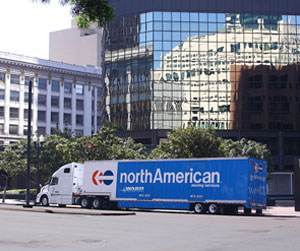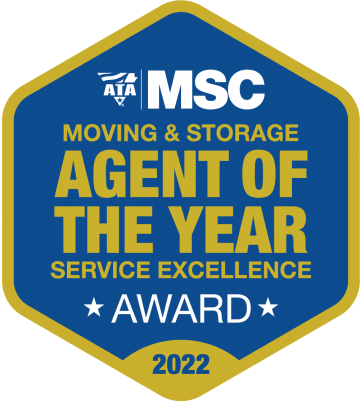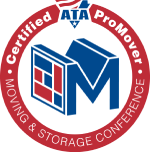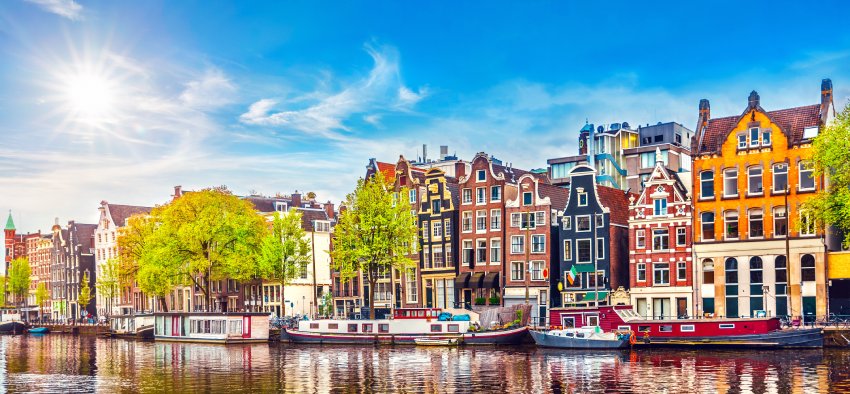
The sight, sound, and taste of Europe are attractive to many Texans. Therefore, it isn’t surprising to see why many choose to relocate to Europe altogether. And when it comes to Europe, how could the Netherlands not be one of the top destinations to call your new home?
But as with moving to a new location, there come challenges. Therefore, there are certain things you must consider when relocating from Texas to the Netherlands.

1. Learn About the Cultural Differences
Every culture is different. Even though the US is influenced by European culture to a great extent, don’t think it’ll be the same. Thus, before relocating, it’s better to familiarize yourself with the cultural differences between the US and the Netherlands.
First, the Dutch are known to be honest, direct, and sometimes blunt. For some Texans, such directness may come as rude. But the Dutch like it that way and would appreciate it if you follow suit.
The Dutch are also more consensus-driven, while Americans tend to be goal-driven. So don’t be surprised if they seek a consensus on something, even if it directly benefits them. Decision-making also tends to be longer for the Dutch.
Learning about such differences will help you settle better in your new foreign home.
2. Learn About the Legal System
A new land means unfamiliar laws. Therefore, as you’re researching cultural differences, it’s wise to learn about the legal differences.
Just like the US, the Dutch drive on the right. They have a similar helmet and DUI laws in place.
Even though the Netherlands is more liberal toward drugs, Marijuana isn’t legal. The laws are rather hazy, and weed possession may get you in trouble.
Likewise, employment, business, marriage, pet, and accommodation laws govern what you can and can’t do. Learn about the legal system as much as possible and ensure you’re on the right side.
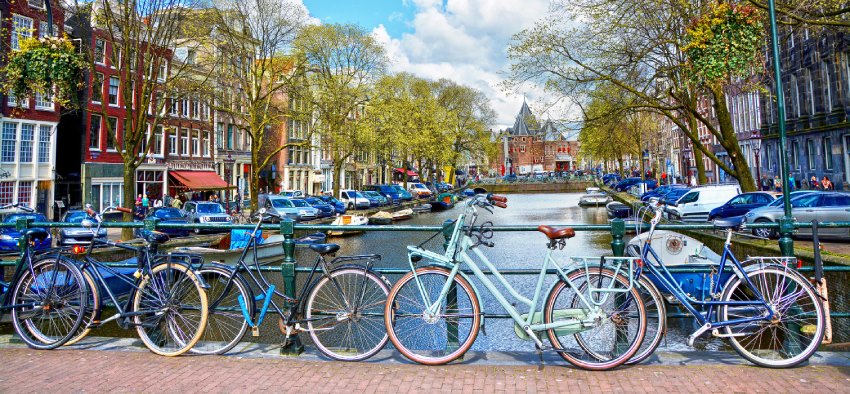
3. Start Bicycling More
This is also a cultural shock but deserves a special mention.
The Dutch love to cycle around the city. It’s not uncommon to see even politicians and popular musicians cycling in the street. This is in contrast to the American way of moving around, which is either personal car or public transport.
The reason why Dutch love cycling so much is because of the rewarding experience. It’s healthy and saves the environment. So why wouldn’t they?
As an American considering relocating to the Netherlands, get used to cycling as well. Start slow and develop your love for it
4. Consider Learning Some Basic Dutch
The Dutch do speak English, almost 90% of them. But that’s not their native language. The official languages in the Netherlands are Dutch and Frisian. Most Dutch speak Dutch at their home. So it’s better to learn basic Dutch to impress your new neighbors and friends.
Learning a new language is always challenging, but Dutch is easy to learn for English speakers. It is positioned somewhere between English and German. Use apps like Duolingo to get started with Dutch greetings and phrases.
Frisian is mostly spoken in the Frisia province, also known as Friesland. So, if you’re moving into Fresia, you may consider learning Frisian instead.
5. Check Work Permits
Those coming to the Netherlands for a job would need a work permit. It’s a document issued by the government that allows a foreign national to work and earn money in the nation.
Most commonly, you’d need a highly skilled migrant permit. To qualify, individuals must meet certain income requirements and have an employment contract with an employer recognized by the Immigration and Naturalization Service (IND).
If you’d be working for a Dutch start-up, you may consider working as an essential start-up personnel.
The Netherlands also has a “single permit” system. This combines residence and work permits into one non-EU/EEA national application process.
So, you must apply for the appropriate work permits before moving to the Netherlands.

6. Consider Getting Health Insurance with Global Coverage
Medicare and Medicaid do not cover medical expenses incurred overseas. Therefore, you must consider getting health insurance with global coverage.
The Dutch immigration will also check your coverage before granting entry into the country. You may not get entry or even a visa to enter the country if it is deemed insufficient.
Travel insurance varies widely. Therefore, read the terms and conditions and the coverage policy. At the bare minimum, ensure the policy covers the following:
- Emergency medical care
- Transportation charges
- Hospital accommodation cost
- 24-hour contact line
- Coverage for the activities you plan to engage in
You may also consider cross-checking the policy with the Dutch authorities to ensure it’s accepted in the Netherlands.
7. Calculate the Cost of Living Differences
The Netherlands is a developed country with a dense population. Thus, the cost of living can be significant depending on where you wish to stay. So, conduct a cost of living estimate at the location before you move in.
In the OCED Better Life Index, the Netherlands performs much better and offers a balance between the cost of quality of life. A family of four would need EUR 3,228, or approximately $3,511 per month, to lead a quality life.
Some cities like Amsterdam and Rotterdam are more expensive than in Texas. The most significant cost is rent, which is quite expensive. Food and transport are on the lower side, depending on your preference.
So, calculate the cost of living in the chosen city and ensure you have the means to pay it.
8. Furnished, Unfurnished, Or Soft Furnished?
The first thing you’d need after landing in the Netherlands is a rental home. If not the first, you’d ultimately need one.
Generally, the apartments and rental homes in the Netherlands come unfurnished. That means no carpets, no curtains, no appliances. It’s all on you. Unfurnished homes in the Netherlands are advertised as ‘ongemeubileerd’.
Then there are soft-furnished homes. In this case, the walls have curtains, and the floor has a covering. And that’s about it. These are advertised as ‘ gestoffeerd’.
Lastly, there are fully-furnished apartments, called ‘gemeubileerd’ in Dutch. Besides being rare, they also tend to be expensive. So decide on relocating.
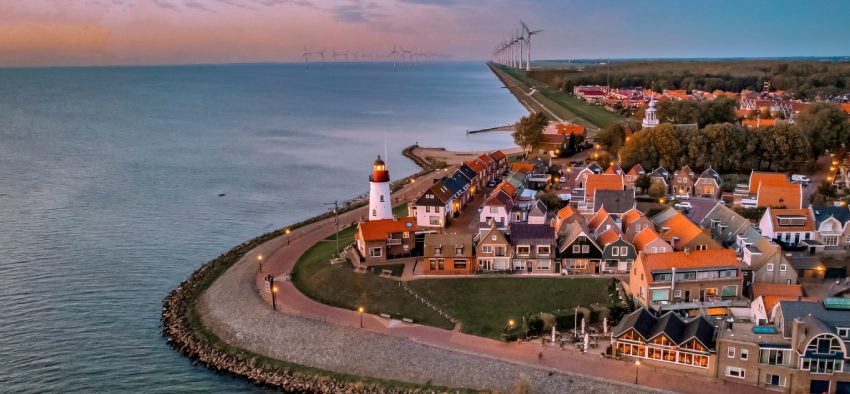
9. Rural Netherlands Can be Just as Fun
Most people moving into the Netherlands aim for bustling cities like Rotterdam, Amsterdam, or Utrecht. That’s understandable as they offer the highest living standards.
But the rural Netherlands can be just as fun. Rural areas in the Netherlands often feature scenic landscapes, including expansive fields, meandering rivers, and charming countryside. You may encounter windmills, traditional Dutch farms, and historic architecture.
Rural communities in the Netherlands often have a strong sense of community. People tend to know their neighbors, and community events and gatherings are common. This can contribute to a friendly and close-knit atmosphere.
Thus, if possible, you should consider moving into one of the small Dutch towns. Giethoorn, Volendam, Monnickendam, Edam are some of the options to consider.
10. Work with a Reputed International Moving Company
Don’t forget to hire the best international moving company when moving from Texas to the Netherlands. Ward North American comes with 40+ years of moving experience and ensures a smooth moving experience. Contact us today to plan your upcoming move or to learn more.

